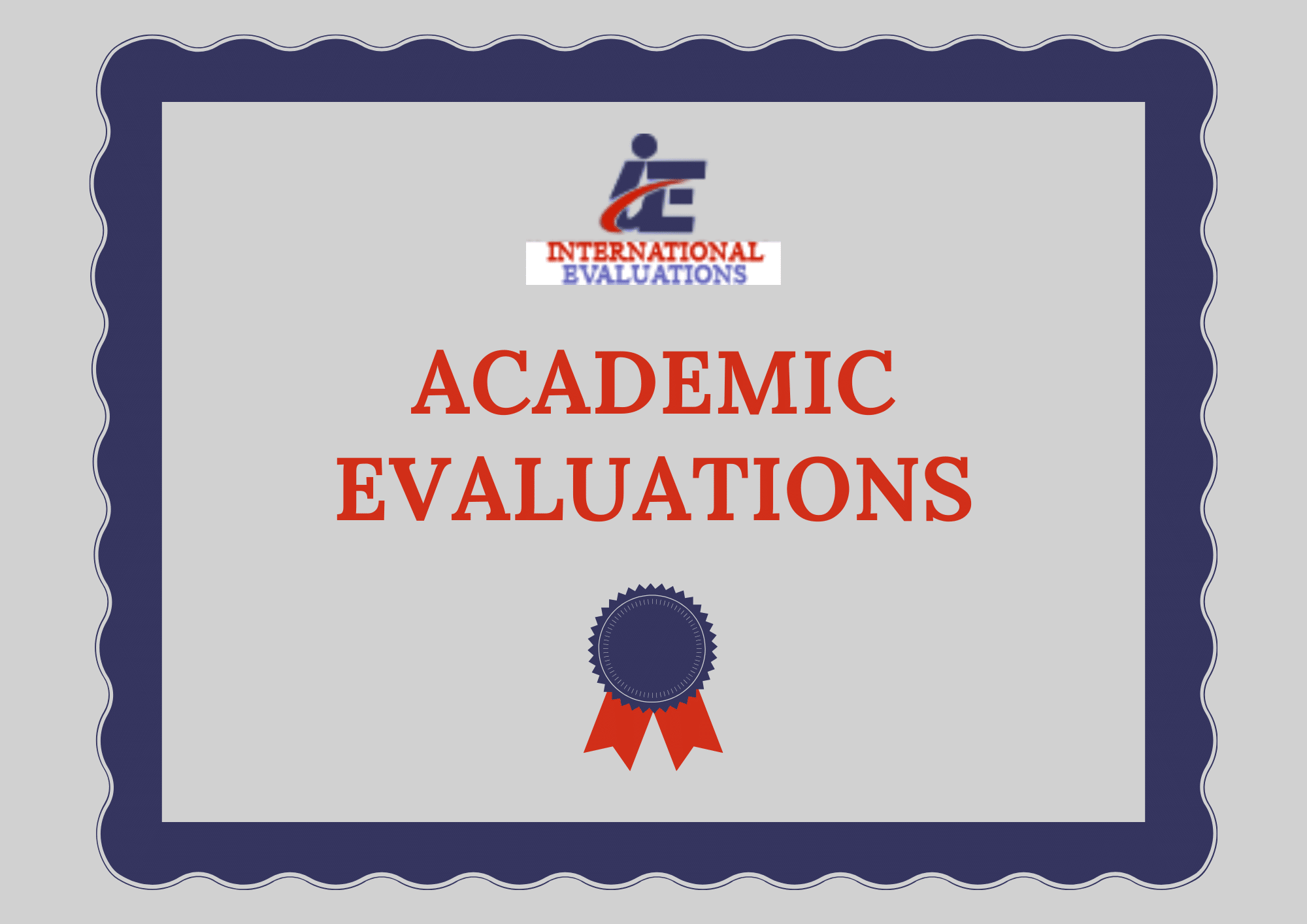Introduction
In a progressively globalized world, the significance of examining work experience for global markets can not be understated. As organizations broaden their horizons throughout borders, understanding how to effectively examine work experience becomes important. The requirement for accurate academic credential evaluation and international credential assessment services occurs, with a focus on aligning expert certifications with local requirements.
This post explores the vital considerations and techniques involved in evaluating work experience for global markets. By examining numerous aspects including course-by-course credential evaluation, work experience evaluation, and the role of expert viewpoint letters, we intend to provide detailed insights that deal with specialists, employers, and evaluators alike.

Evaluating Work Experience for International Markets: Key Considerations and Strategies
When evaluating work experience worldwide, several essential considerations enter into play. Each nation has its own set of requirements and practices relating to education and work. Therefore, comprehending these nuances is important in guaranteeing a trustworthy evaluation of qualifications.
Understanding Worldwide Standards in Work Experience Evaluation
Countries vary considerably in regards to expert certification and acknowledgment of qualifications. For example, https://internationalevaluations.com/rfe-solutions/ what is deemed appropriate work experience in one country might not hold the very same weight in another. Thus:
- Researching Country-Specific Requirements: Familiarizing oneself with the specific requirements set by regulatory bodies in target nations is crucial. Utilizing Credential Examination Services: Organizations concentrating on worldwide credential evaluation can offer valuable insight into how foreign certifications are seen domestically.
The Function of Academic Credential Evaluation
Academic credentials serve as a foundation upon which work experience is frequently assessed. Appropriate assessment guarantees that a candidate's academic background lines up with industry expectations.
Types of Academic Credential Evaluations:- Course-by-Course Credential Evaluation: This approach provides comprehensive insights into individual courses taken by candidates, equating them into comparable credits within the host nation's education system. General Evaluations: These supply an introduction of a candidate's qualifications but may do not have the granularity needed for particular professional sectors.
Importance of Course-by-Course Credential Evaluation
A course-by-course approach allows employing managers to examine prospects more adequately based on their scholastic achievements.
- Detailed Insight: This method breaks down each course completed by an individual, assisting assess whether they meet particular instructional requirements expressed by regulative bodies or employers. Facilitating Task Matching: By matching specific courses with job requirements, companies can guarantee that candidates have precisely the ability required for roles within their industry.
Work Experience Examination: An Extensive Approach
Evaluating work experience goes beyond merely looking at job titles; it needs an analytical view that considers different factors such as period, importance, and depth of obligations undertaken.
Factors Affecting Work Experience Evaluation
Relevance to Position Sought: How carefully does previous work associate to the prospective role? Duration and Quality of Experience: Prolonged period might suggest stability however does it also show growth and development? Nature of Obligations Undertaken: What were the specifics? Did the prospect lead jobs or contribute significantly to team goals?Expert Opinion Letters as a Resource
A professional opinion letter acts as an important tool throughout the assessment process:
- Defining Expertise: An expert's insights can clarify complex functions and duties undertaken in previous positions. Supporting Documentation: Such letters can boost applications when showing one's viability based on non-traditional experiences.
Developing Effective Service Strategy Evaluations
For experts aiming to establish themselves worldwide through entrepreneurship or consultancy roles, organization strategy assessments end up being paramount.

Understanding Market Needs: Conducting comprehensive research into regional market demands assists people in tailoring their company proposals effectively. Evaluating Competitor Landscape: Understanding existing competition will help shape business methods accordingly. Financial Viability Assessments: Financial forecasts must be sensible based on available information from similar existing organizations within a region.
Bridging Cultural Differences in Work Experience
Navigating cultural subtleties is essential when assessing worldwide qualifications:
- Keeping an open mind towards different working styles promotes better integration into diverse environments. Awareness of cultural standards can improve communication amongst varied teams.
Utilizing Innovation for Efficient Evaluation
The digital era has changed how examinations are carried out:
- Online platforms facilitate simpler submission of files required for credential evaluations. Remote assessments indicate that geographical barriers are less impeding than before.
Challenges Faced Throughout International Work Experience Evaluations
Evaluators frequently come across numerous difficulties while evaluating worldwide qualifications:
Lack of Standardization Throughout Borders Variability in Educational Systems Language Barriers Hindering Clear Communication Insufficient Paperwork from CandidatesStrategies for Conquering Challenges
To mitigate these challenges:
- Engage with regional professionals acquainted with regional practices. Use standardized frameworks where relevant to streamline assessments.
FAQs
What is academic credential evaluation?- It describes evaluating instructional qualifications from one country against those recognized in another nation to identify equivalency.
- These services evaluate foreign educational paperwork to ascertain its validity and equivalence within regional contexts.
- This involves examining each individual course taken by a prospect instead of providing a basic overview, focusing on credit equivalencies.
- It assists employers evaluate if candidates possess appropriate abilities required for success in specific roles within their organization.
- It's a document supplied by recognized specialists that confirms a person's past experiences or educational background worrying industry standards.
- Ensure all records are main copies, consist of detailed descriptions of roles held throughout employment, and collect any additional supporting files like referral letters or awards received throughout your profession journey.
Conclusion
Evaluating work experience for global markets provides both chances and difficulties alike; nevertheless, equipped with appropriate techniques and understanding about essential factors to consider such as scholastic credential evaluations and expert viewpoint letters-- professionals can navigate these waters effectively! The globalization trend continues unabated; for this reason investing time into comprehending numerous techniques toward examining qualifications across borders will pay dividends-- both personally and professionally-- making it possible for people to flourish globally while contributing value-added perspectives stemmed from varied backgrounds!